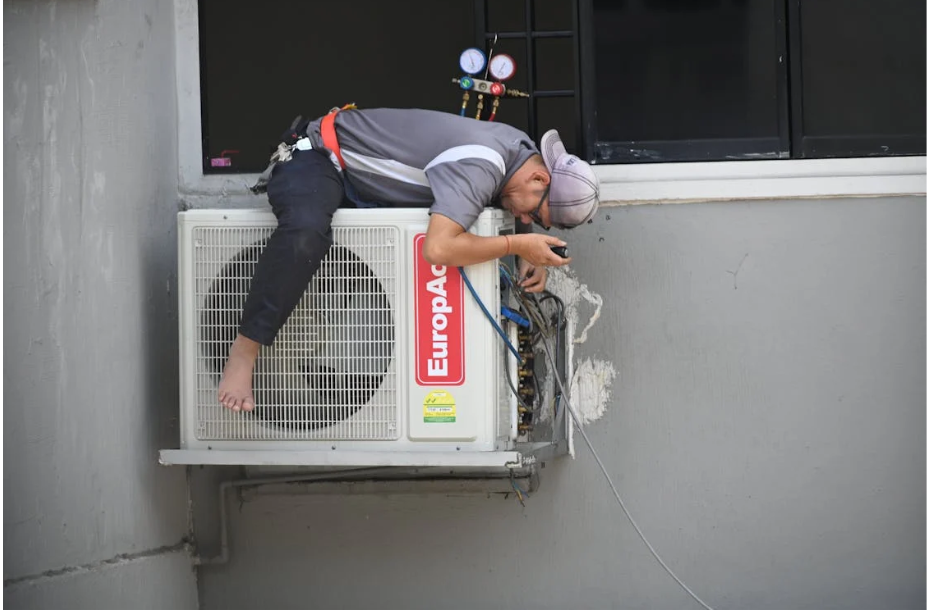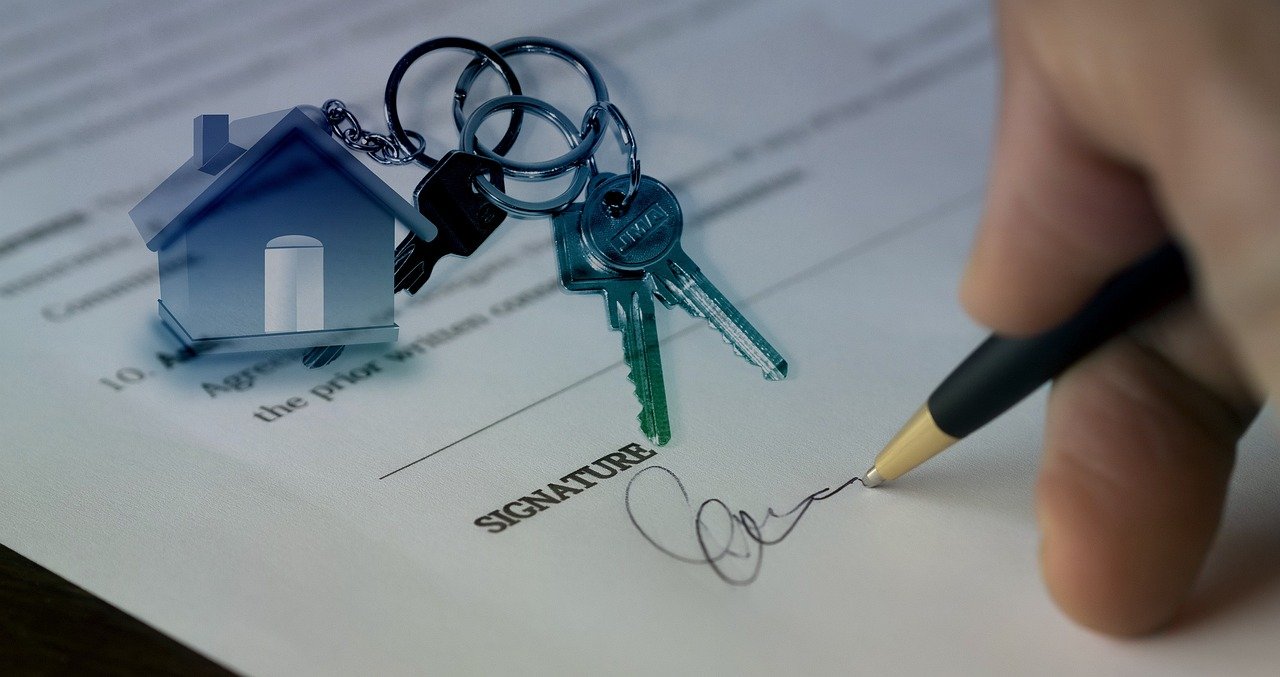Temperatures can drop so low in winter, with some states, like New Jersey, recording lower than 30° F. In such states, it’s normal for homeowners to worry when winter approaches and if you’ve had heating problems before. However, you don’t have to worry about heating issues anymore. Below, we share some tips on identifying these issues before they become more significant problems so they can be solved on time, saving you energy and money and ensuring your comfort.
Heating System Not Switching On
When you switch on the thermostat and your HVAC system fails to turn on immediately, it’s a major sign that your heating system has a problem. While many homeowners facing this problem tend to write off their units as dead, it’s not always the case. Several issues can cause your heating system not to turn on, including:
- Thermostat not receiving power: Since the thermostat is responsible for relaying information from your home to the heating system, it must be powered first to function effectively. The thermostat informs your system to start up or shut down, so there’s a high chance it’s the cause for your system not switching on.
- Heating system not receiving power: Whether it’s a tripped breaker or an external power switch on the heat pump, handler, or furnace is turned off, the heating unit won’t turn on until these are solved. Check all the power sources to ensure they’re all on before seeking further help.
- Incorrect thermostat setting: When the thermostat is set incorrectly, your furnace will not switch on until it is rectified. For your system to function well, check that it is on the HEAT setting and that the date and time are correctly set.
Inconsistent Heating
A perfectly functional heater should provide the exact amount of heat you set it to. If the heat in your home doesn’t feel as warm as it should, or if some rooms feel warmer than others, you could be dealing with a faulty heater. Sometimes, it could also be that your heater takes a long time to kick after you turn it on. Whatever the issue is, you should plan for a maintenance check as soon as possible.
While these issues could indicate minor problems with your heater, leaving them unaddressed could lead to bigger problems in the future. If you live in New Jersey, book a reputable heating service New Jersey for reliable, timely solutions.
Expensive Energy Bills
You already know the estimate of your monthly energy bills. If you notice a spike in the bills last month, one of the main suspects is a faulty heating system. Your HVAC unit could be costing more to run than usual because of:
- Ductwork leaks
- Insulation issues with your ductwork
- Incorrect thermostat programming
- Using a supplemental heating system
- Using an old, inefficient heating equipment
If you realize your energy bills are spiking, call a technician to check your system for the right diagnosis. They’ll help you know if you need a simple solution to a problem that can dent your wallet or if you have to buy a new, energy-efficient HVAC system.
Working closely with your technician is the most important step in identifying potential heating issues before they escalate. Anytime you suspect something unusual with your HVAC system, ensure you let your technician know so they can advise accordingly, especially if you can’t diagnose it yourself.











